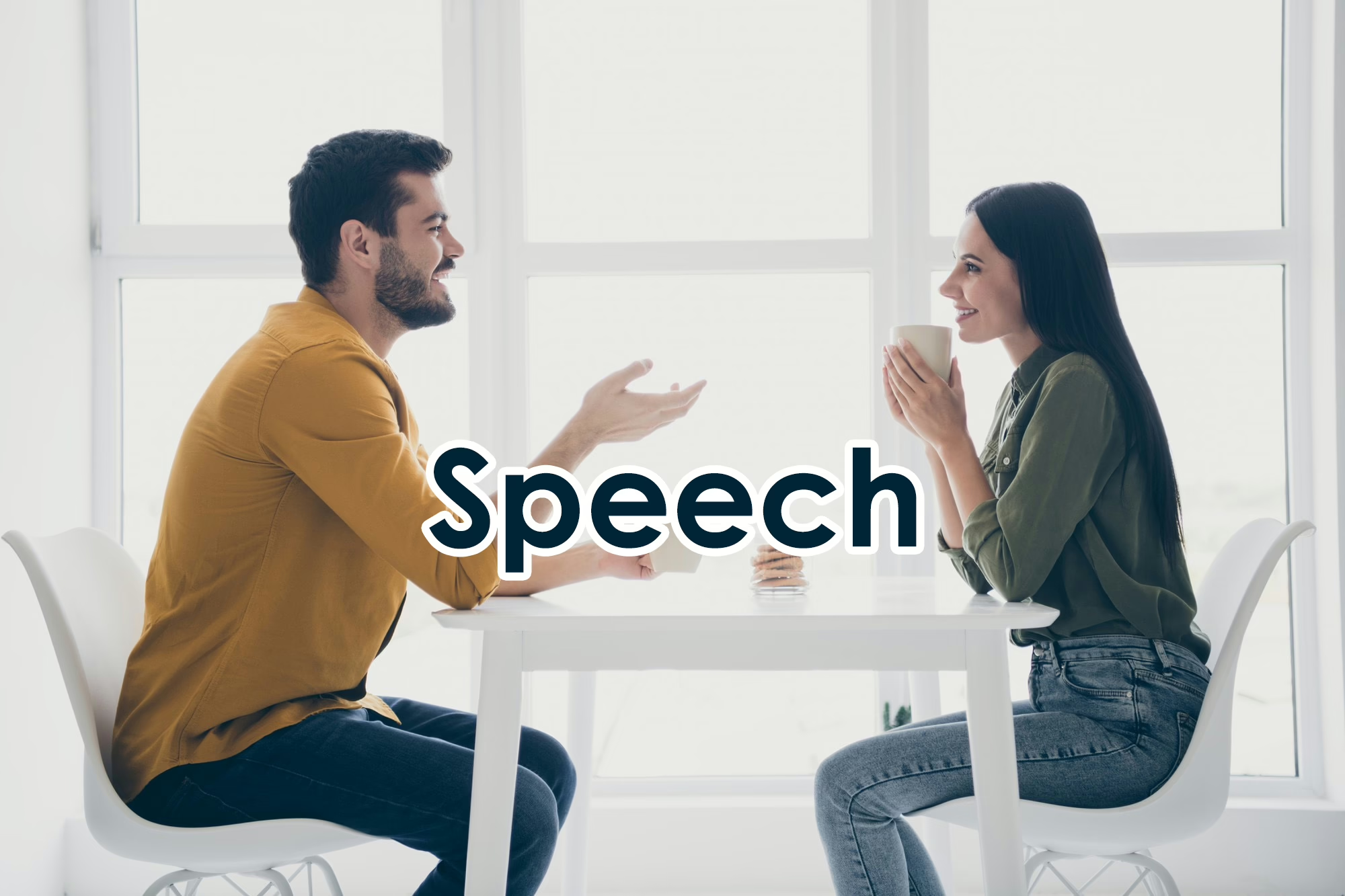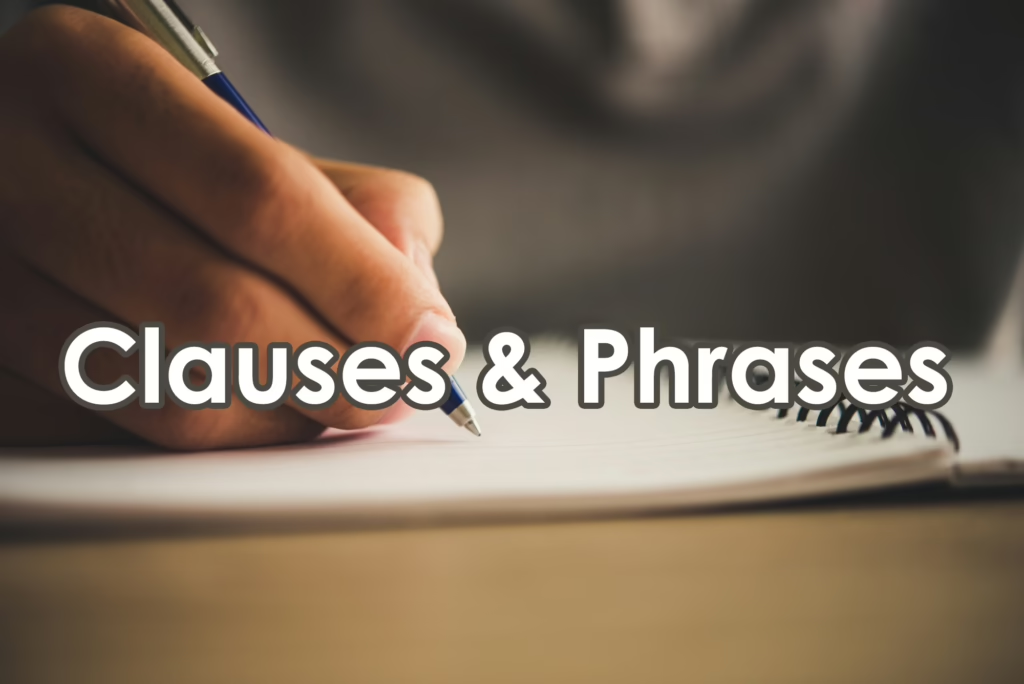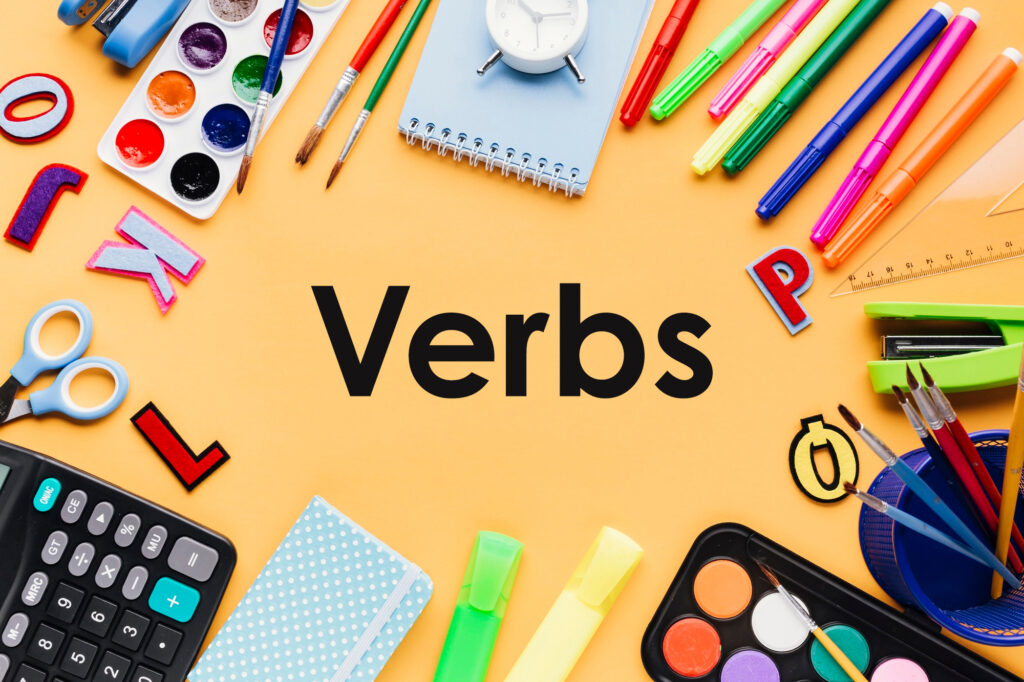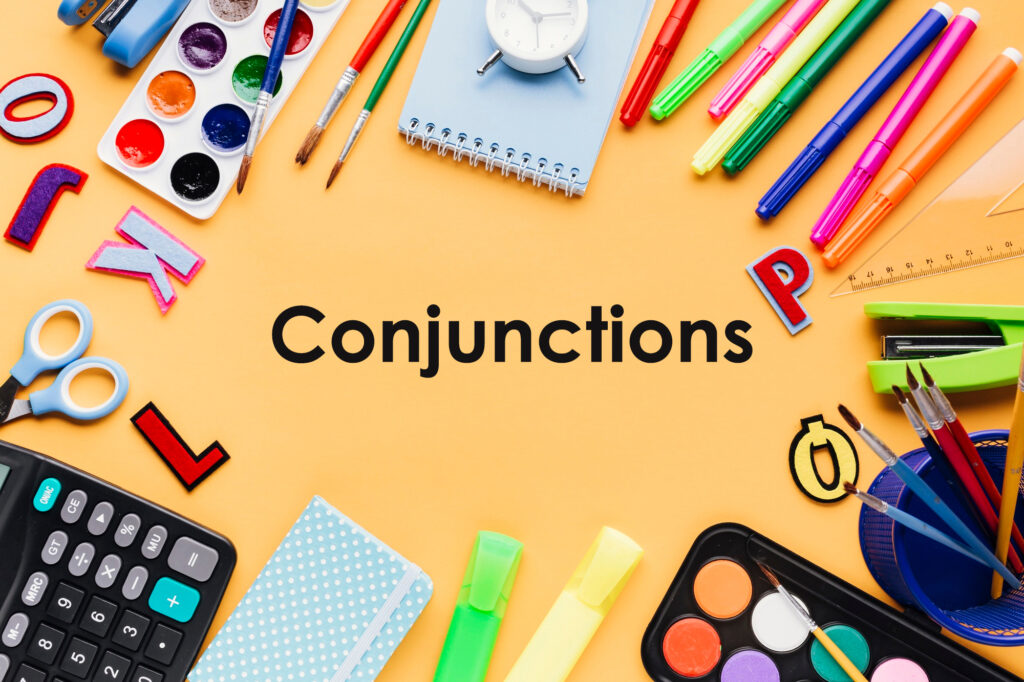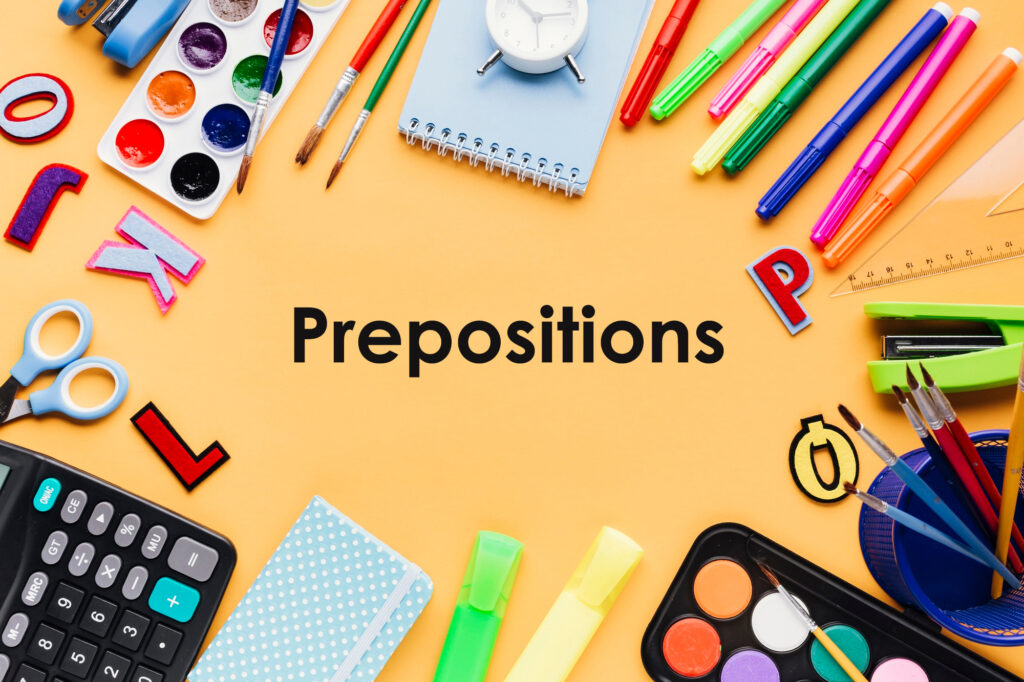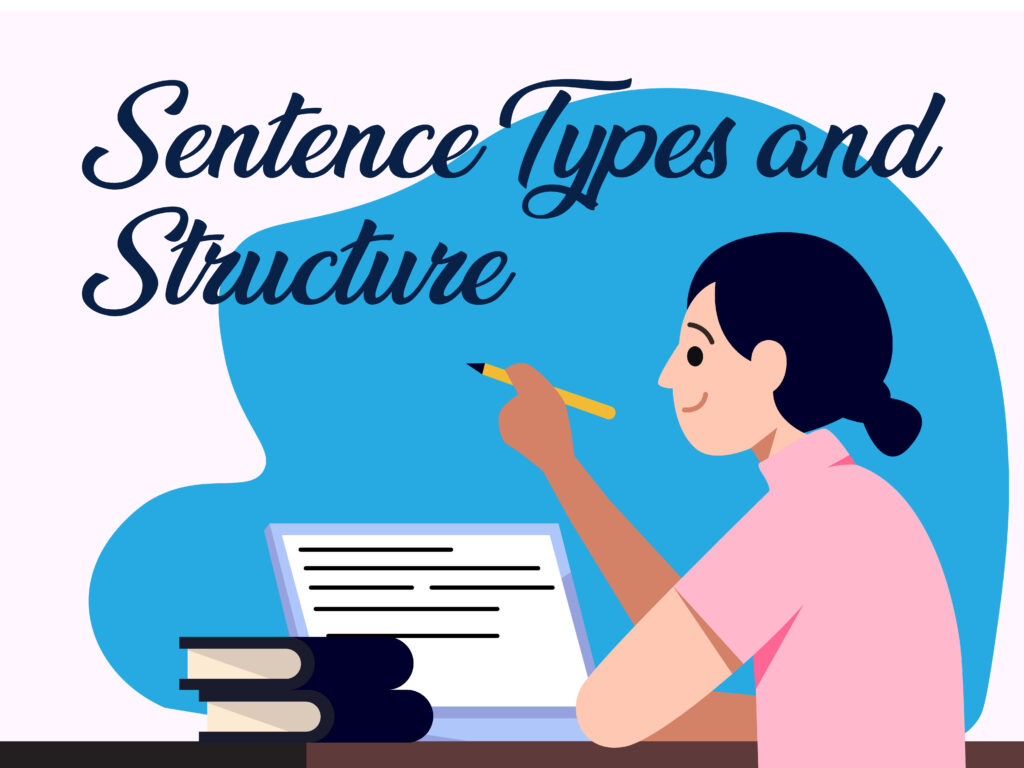12.1 What is Direct and Indirect Speech?
When we report someone’s words, we can do so in two ways:
- Direct Speech: We repeat the exact words spoken by a person, using quotation marks (“ ”).
- Indirect Speech: We report the meaning of what was said without using the exact words.
✅ Example:
- Direct: She said, “I am happy.”
- Indirect: She said that she was happy.
🚨 Key Difference:
- Direct Speech keeps the original words of the speaker.
- Indirect Speech changes the words slightly and does not use quotation marks.
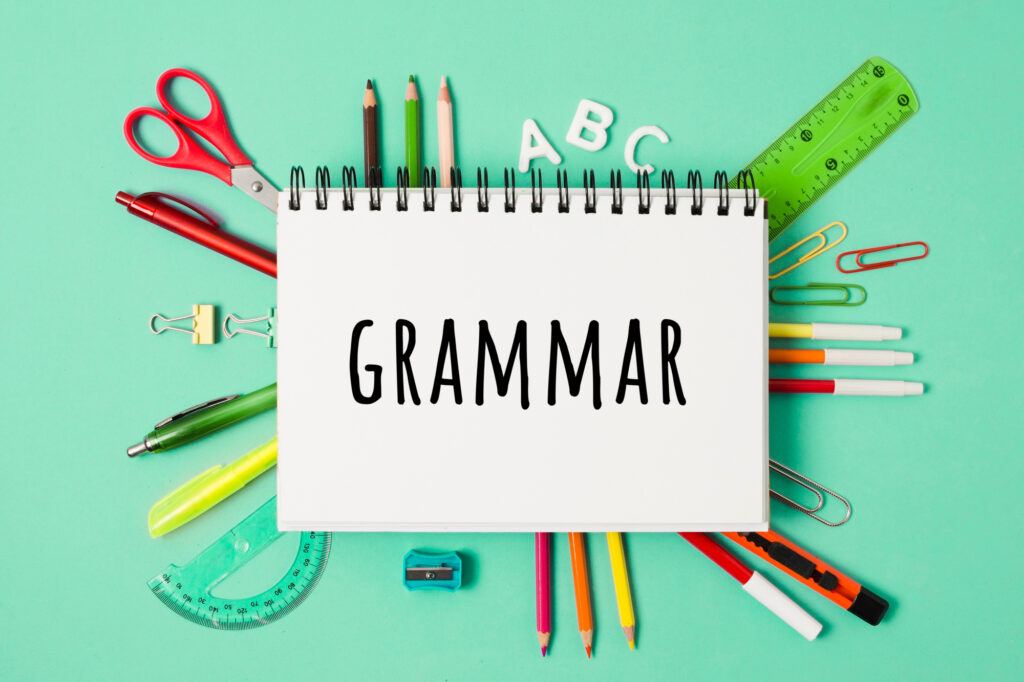
12.2 Rules for Changing Direct to Indirect Speech
When changing from Direct Speech to Indirect Speech, we usually make the following changes:
1. Change in Pronouns
- Direct: She said, “I love my cat.”
- Indirect: She said that she loved her cat.
- “I” → “she” (because the speaker is female)
- “my” → “her” (possessive pronoun changes)
2. Change in Tense (Backshifting Rule)
If the reporting verb is in the past tense, we move the tense of the reported speech one step back.
| Direct Speech (Present Tense) | Indirect Speech (Past Tense) |
|---|---|
| She said, “I am happy.” | She said that she was happy. |
| He said, “I play football.” | He said that he played football. |
| Direct Speech (Past Tense) | Indirect Speech (Past Perfect Tense) |
|---|---|
| She said, “I watched a movie.” | She said that she had watched a movie. |
| He said, “They went home early.” | He said that they had gone home early. |
🚨 Exceptions: If the sentence is a universal truth or a habitual fact, we do not change the tense.
✅ Example:
- Direct: The teacher said, “The sun rises in the east.”
- Indirect: The teacher said that the sun rises in the east. (No change in tense)
3. Change in Time and Place References
| Direct Speech | Indirect Speech |
|---|---|
| today → that day | now → then |
| yesterday → the previous day | tomorrow → the next day |
| last night → the previous night | next week → the following week |
| here → there | this → that |
✅ Example:
- Direct: He said, “I will meet you here tomorrow.”
- Indirect: He said that he would meet me there the next day.
12.3 Types of Sentences in Direct and Indirect Speech
1. Statements (Declarative Sentences)
🔹 Structure: said that + changed sentence
✅ Example:
- Direct: She said, “I am studying English.”
- Indirect: She said that she was studying English.
2. Questions (Interrogative Sentences)
✅ Yes/No Questions
🔹 Structure: asked if/whether + changed sentence
- Direct: She asked, “Do you like coffee?”
- Indirect: She asked if I liked coffee.
✅ WH- Questions
🔹 Structure: asked + question word + changed sentence
- Direct: He asked, “Where do you live?”
- Indirect: He asked where I lived.
🚨 Note: Remove “do/does/did” in indirect speech.
3. Commands and Requests (Imperative Sentences)
✅ Commands:
🔹 Structure: ordered/told + object + to + verb
- Direct: The teacher said, “Open your books.”
- Indirect: The teacher told us to open our books.
✅ Requests:
🔹 Structure: requested/asked + object + to + verb
- Direct: She said, “Please help me.”
- Indirect: She requested me to help her.
🚨 Negative Commands:
🔹 Structure: ordered/told + object + not to + verb
- Direct: The doctor said, “Don’t eat junk food.”
- Indirect: The doctor told me not to eat junk food.
4. Exclamatory and Optative Sentences
✅ Exclamatory Sentences:
🔹 Structure: exclaimed that + changed sentence
- Direct: She said, “Wow! What a beautiful dress!”
- Indirect: She exclaimed that it was a beautiful dress.
✅ Optative Sentences (Wishes, Prayers, Blessings, Curses):
🔹 Structure: wished/prayed/blessed + that + changed sentence
- Direct: He said, “May you succeed in life!”
- Indirect: He wished that I might succeed in life.
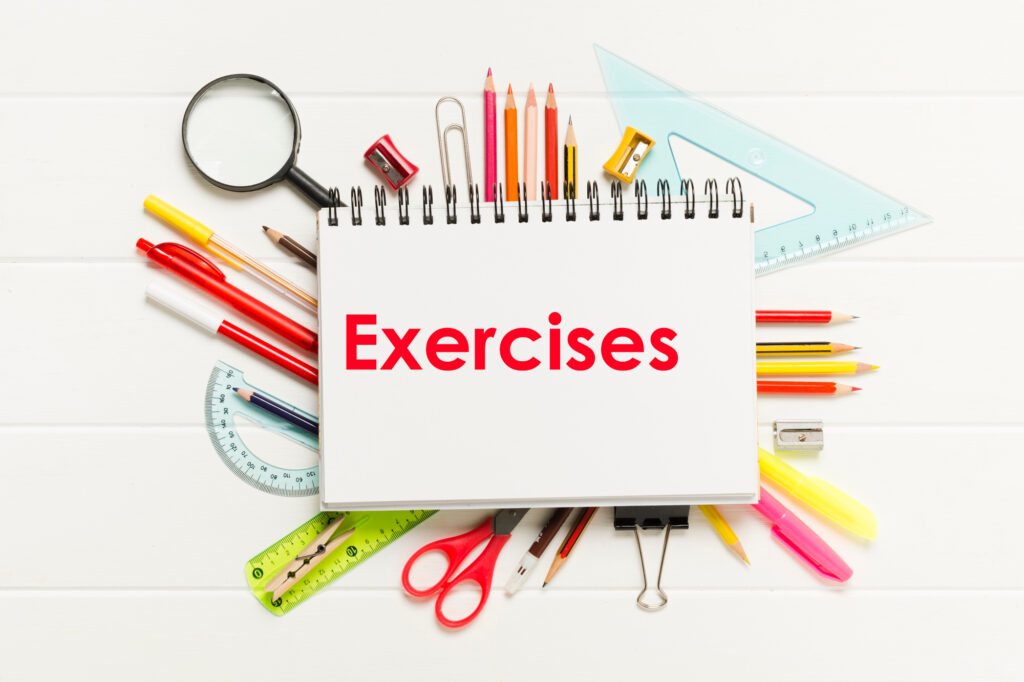
Exercises
A. Change the following sentences from Direct to Indirect Speech:
- He said, “I love reading books.”
- She said, “I am working on my project.”
- He asked, “Do you know the answer?”
- She asked, “Where do you live?”
- The teacher said, “Don’t talk in class.”
- He said, “Wow! This is an amazing place!”
- She said, “May you have a happy life!”
B. Change the following sentences from Indirect to Direct Speech:
- She said that she was tired.
- He asked if I wanted some tea.
- The manager told us to submit the report.
- She exclaimed that it was a wonderful surprise.
- The priest prayed that we might be blessed with happiness.
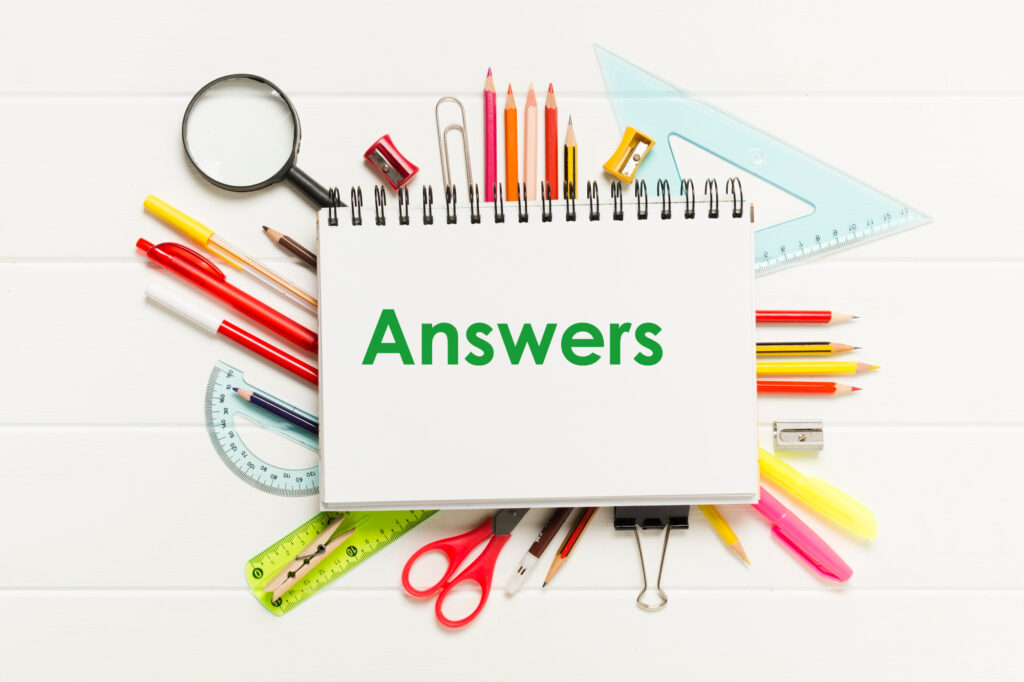
Answers
A. Direct to Indirect Speech:
- He said that he loved reading books.
- She said that she was working on her project.
- He asked if I knew the answer.
- She asked where I lived.
- The teacher told us not to talk in class.
- He exclaimed that it was an amazing place.
- She wished that I might have a happy life.
B. Indirect to Direct Speech:
- She said, “I am tired.”
- He asked, “Do you want some tea?”
- The manager said, “Submit the report.”
- She said, “What a wonderful surprise!”
- The priest said, “May you be blessed with happiness!”

